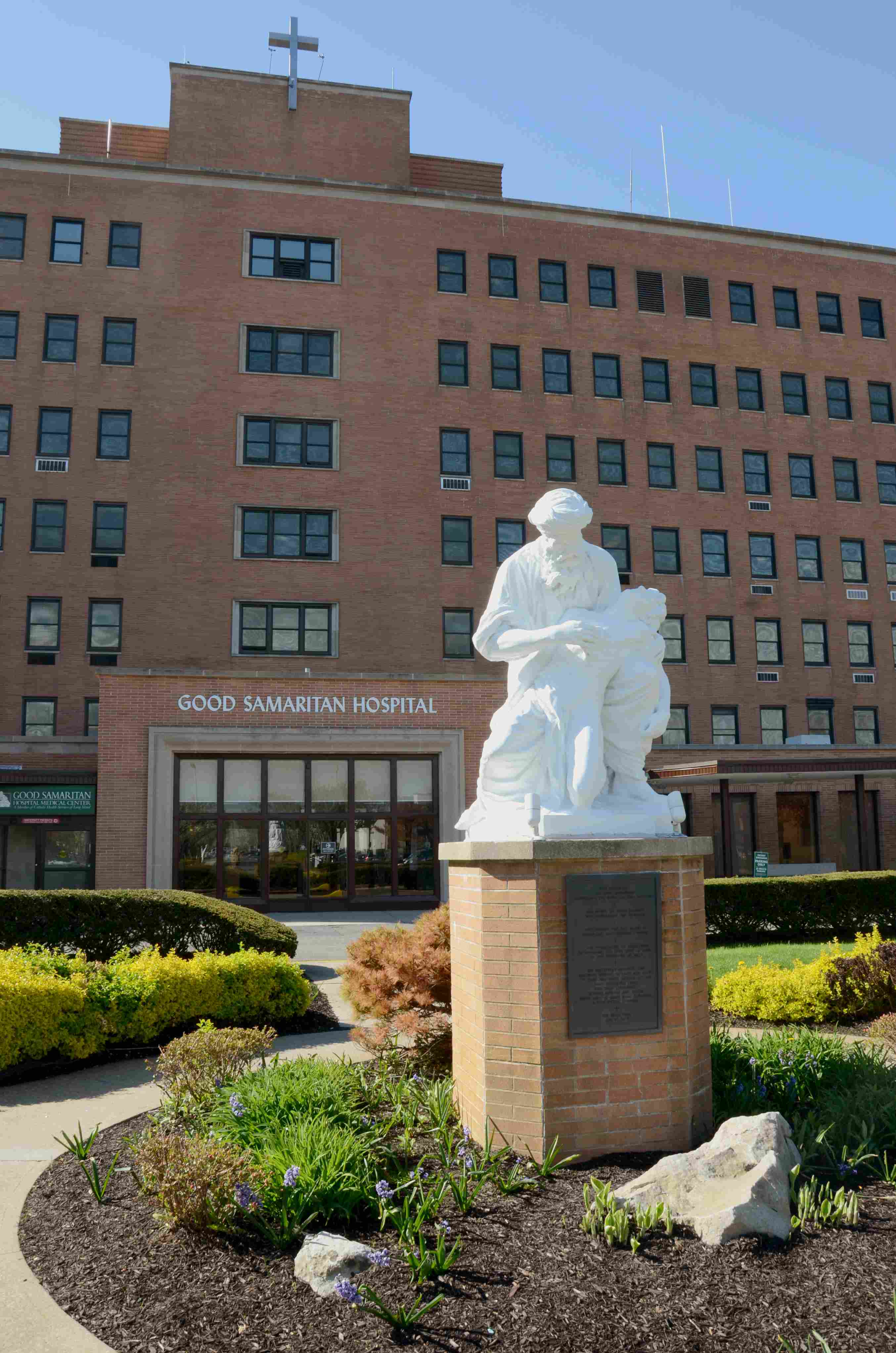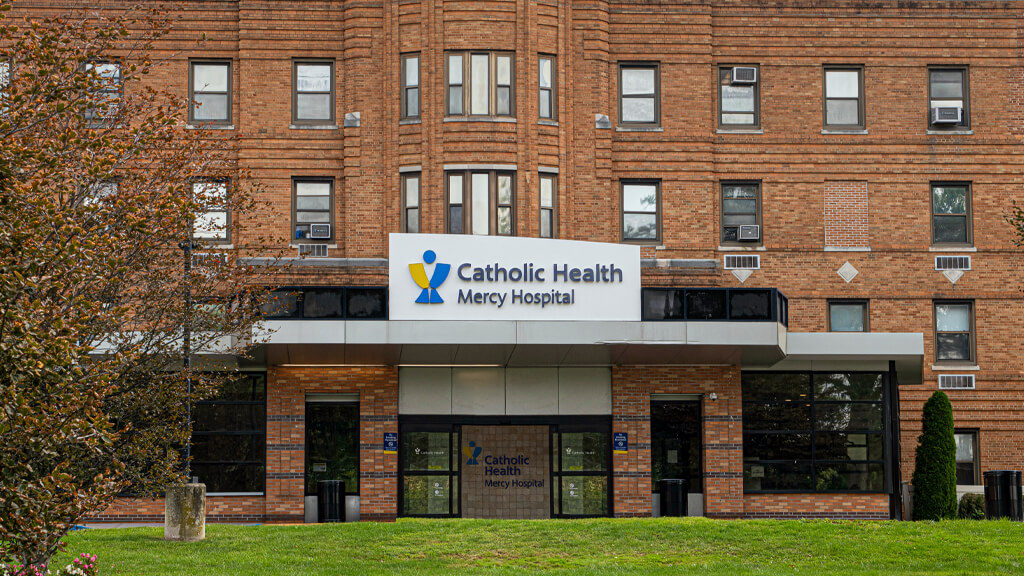Specialized Care Close to Home
Catholic Health offers excellence in care for women who are diagnosed with pelvic floor disorders that can be disruptive to everyday life and cause complications without proper treatment.
Nearly 25% of women in the U.S. will develop a pelvic floor disorder at some point. They can occur at any age but are more common as women get older. Most pelvic floor disorders are treatable so it's important to schedule an appointment with a specialist if you experience symptoms.
Understanding Pelvic Health
The pelvic floor is a complex system of muscles, connective tissue and nerves designed to support your pelvic organs. This system supports and controls your bladder, rectum, urethra, uterus, and vagina. Your pelvic floor can be affected by your genetic makeup, childbirth, aging, repeated heavy lifting, chronic disease or surgery.
Symptoms of a pelvic floor disorder include:
- Difficulty starting or completing a bowel movement
- Episodes of vaginal or rectal bulge or protrusion
- Fear of leaving home due to bladder or bowel problems
- Frequent or persistent urinary tract infections
- Going to the bathroom more than eight times a day
- Leaking urine or feces when laughing, coughing or sneezing
- Pain in your abdominal, vaginal or rectal area
- Urine, bowel or gas incontinence
Most pelvic floor disorders can be treated with nonsurgical therapies, including:
- Behavioral and/or dietary modification
- Medications
- Pelvic floor muscle exercises
- Pelvic floor physical therapy
- Pessaries (devices to support organ prolapse)
We also perform many types of minimally invasive surgeries, including robotic surgeries and laparoscopic surgeries, that result in patients experiencing minimal pain and faster recovery. No hospital stay is needed for some patients.
Common Pelvic Floor Disorders
A UTI is an abnormal growth of bacteria, most commonly found in the bladder, but can be anywhere along the urinary tract. Symptoms include burning with urination, the frequent or urgent need to urinate, or pain or pressure in the lower pelvic area.
Loss of bladder or bowel control or leakage of urine of feces. Urinary incontinence is not a disease. It is a symptom of many conditions.
There are four types of urinary incontinence
- Stress urinary incontinence
- Overactive bladder
- Mixed incontinence
- Overflow incontinence
Overactive bladder (OAB) is marked by a feeling of needing to urinate frequently, bladder pressure or difficulty holding back urine. OAB is a complex condition that affects 15% of women of all ages, although age increases the risk for OAB. Your risk is also higher if you have bladder conditions such as infections, bladder stones or abnormal growths.
Postpartum pelvic floor dysfunction can occur after pregnancy. The muscles and tissues that support the pelvis can be weakened during pregnancy and they are often strained during childbirth. Nerve damage can also occur.
Symptoms include urinary and fecal incontinence, pelvic pain or pelvic organ prolapse.
Urethral diverticulum is a pocket or pouch that forms along your urethra. It can be filled with urine and can lead to infections. It can also cause a painful vaginal mass, ongoing pelvic pain or recurring UTIs.
Pelvic organ prolapse is the descent of the pelvic organs into the vagina. You may feel a bulge and/or pressure.
Pelvic organ prolapse occurs when the pelvic floor muscles and connective tissue weaken or tear.
Bladder pain is marked by discomfort in the lower back, pelvis, bladder or urethra. You may also have pain, discomfort or burning in the genital area or difficulty moving your bowels.
Genital fistual is an abnormal connection or tunnel between the vagina and rectum. It can also occur between the vagina and urethra or the vagina and the bladder.
Pelvic Health & Urogynecology Locations

Good Samaritan University Hospital
West Islip, NY Hospital

Mercy Hospital
Rockville Centre, NY Hospital

St. Catherine of Siena Hospital
Smithtown, NY Hospital

St. Charles Hospital
Port Jefferson, NY Hospital

Pelvic Health Center (Nassau)
Rockville Centre, NY Specialty Center

Pelvic Health Center (Suffolk)
Babylon, NY Specialty Center

